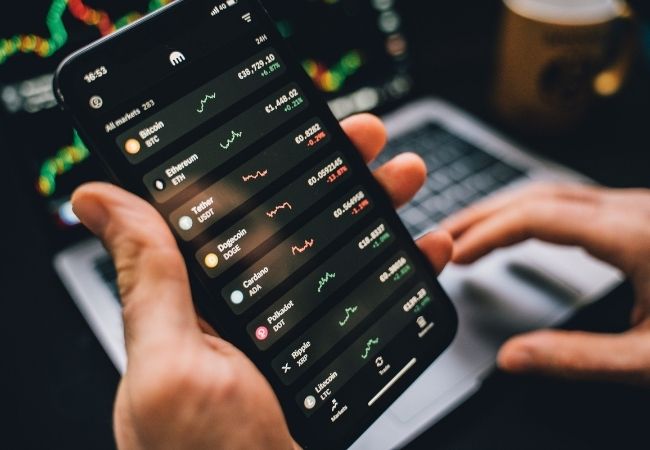
An effort is underway in Malaysia to possibly allow bitcoin and other cryptocurrencies to take their place alongside fiat as legal tender. If the initiative survives, it could be a great addition to the country’s small casino market
It’s a long shot and has a long way to go to find approval, but an initiative has begun to transform cryptocurrencies into legal tender in Malaysia. Bloomberg reports that the country’s Communications and Multimedia Minister, Zahidi Zainul Abidin, supports the idea. He planted his position in front of Parliament yesterday.
We hope the government will allow this. We are trying to see how we can legalize this so that we can develop the participation of young people in cryptocurrencies and help them,” states Zahidi.
Currently, the concept is only an idea. There has been no formal presentation of legislation to alter the country’s financial laws. The Finance Ministry dictates the rules, although the Ministry of Housing and Local Government provides guidance on “digital financial activities,” according to Zahidi.
Malaysia’s Gambling Industry
Malaysia doesn’t have a large casino market – there are only five in the country. Four, including Resorts World Genting, are under the Genting Group umbrella in the country. There is also no legal online gaming activity, although discussions to change this appear from time to time.
There has been a lot of talk about central bank digital currencies (CBDC) and a large number of jurisdictions are exploring their role. China is well beyond the testing phase, while the European Union has also begun to discuss a CBDC for its member countries.
Malaysia has piloted cross-border transactions using a CBDC with Australia, Singapore, and South Africa. However, it hasn’t addressed the inclusion of existing cryptocurrencies.
It’s easy to imagine Genting Group supporting any cryptocurrency progress in Malaysia. It already expressed its enthusiasm for cryptocurrency in gaming when it launched Resorts World Las Vegas.
Cryptocurrency Finding its Place
To date, El Salvador is the only country to have legalized bitcoin as a form of tender, although Switzerland could make it a “de facto” legal tender, as well. Tonga and Mexico are also exploring cryptocurrency adoption.
Some have downplayed El Salvador’s cryptocurrency initiative as a failure. However, El Salvador’s Minister of Tourism stated in February that tourism has increased by over 30% since the country legalized bitcoin. Some of that can certainly be attributed to the relaxation of COVID-19 restrictions, but not all.
Now, after a year, only around 14% of consumer activity centers on the use of bitcoin in El Salvador. However, the anti-crypto pundits who look at that as a negative miss the bigger picture.
Approximately 14% penetration after just a year is significant. Even in more developed countries, adopting new ways to do things is difficult. It took over 15 years for the US to realize that email served a purpose. Even the telephone was once considered too inadequate to be “seriously considered as a means of communication,” according to Western Union in 1876.
More important is the adoption of the US dollar. It took over 100 years for the dollar to gain respect around the world. In some countries, for years, people used it as wallpaper.
Reference: casino.org


